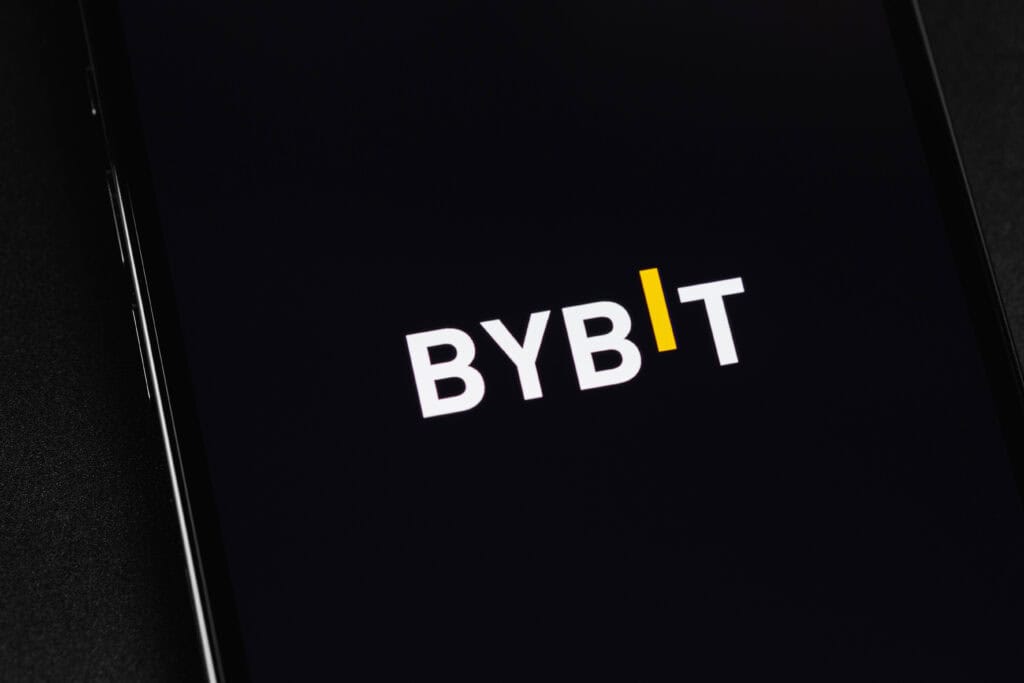
Key Takeaways:
- Bybit CEO Ben Zhou is considering all options to recover stolen funds from the Lazarus hack, including law enforcement collaboration and a bounty program.
- Zhou suggested that a potential Ethereum rollback should be a community decision, recalling the 2016 DAO hack rollback that split Ethereum into two chains.
- The discussion raises broader concerns about blockchain immutability versus security measures in response to major cyberattacks.
Bybit CEO Ben Zhou addressed the recent hack by the North Korean-linked Lazarus Group, which stole a significant amount of funds.
Zhou confirmed that Bybit is actively working to recover the stolen assets through various measures, including a bounty program, cooperation with law enforcement, and discussions with the Ethereum Foundation.
During a discussion on Feb. 22, Zhou was asked if he would support rolling back the Ethereum blockchain to a state before the attack, effectively reversing the theft.
He responded that such a decision would likely require community voting rather than being determined by a single entity.
Ethereum has previously undergone a rollback after the infamous 2016 DAO hack, which led to a hard fork, splitting Ethereum into two chains—Ethereum Classic (ETC) and the current Ethereum network.
That precedent has fueled debate over whether another rollback is justified.
The discussion underscores a key tension in blockchain technology: maintaining immutability versus implementing security measures to address major hacks.
While some argue that reversing transactions undermines blockchain principles, others see it as a necessary action to deter cybercriminals and protect users.
The situation remains unresolved as the crypto community debates the ethical and technical implications of a potential rollback.

